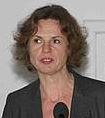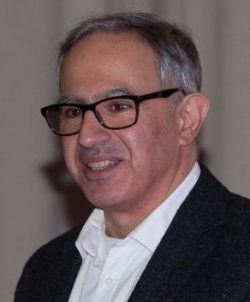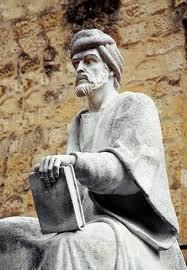Secularism, Secularity and Secularisation
Secularism, secularity and secularisation – what exactly does each notion mean, and how are they related to and distinguished from each other? Does secularism, for example, mean a separation of religion and church from state, politics or sovereignty? What are the theoretical and practical implications of different definitions of secularism? In what sense and to what […]
Continue Reading








